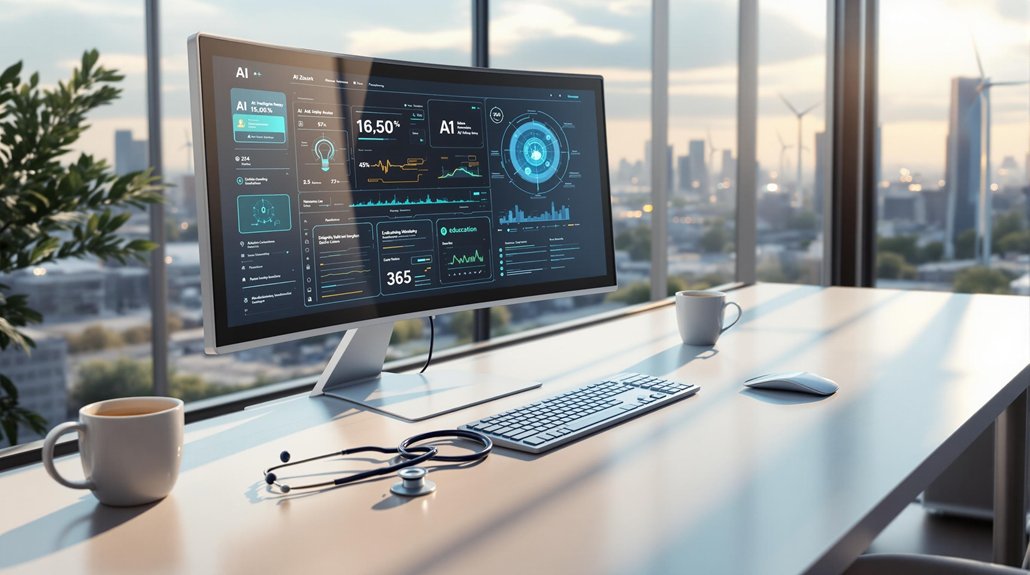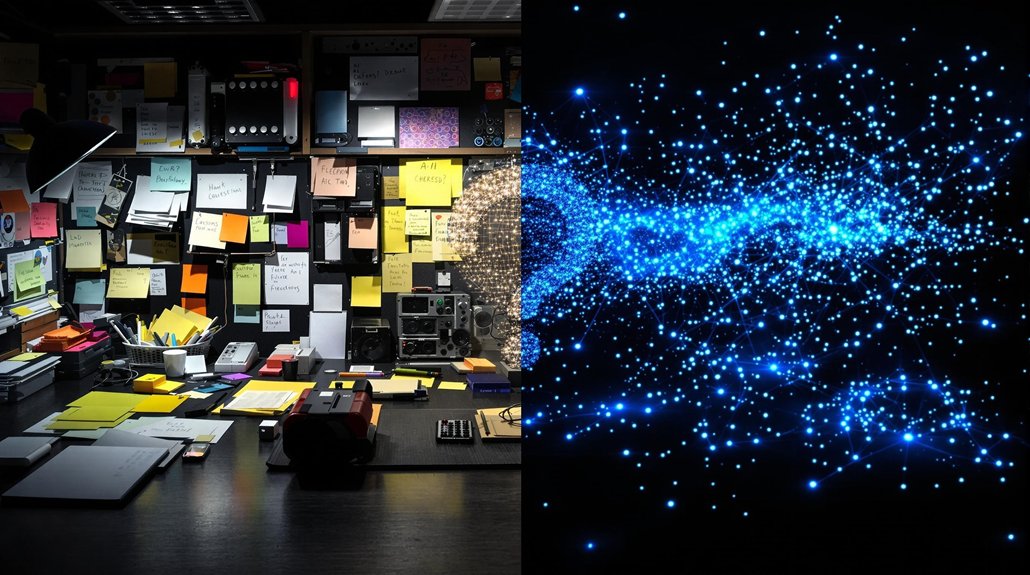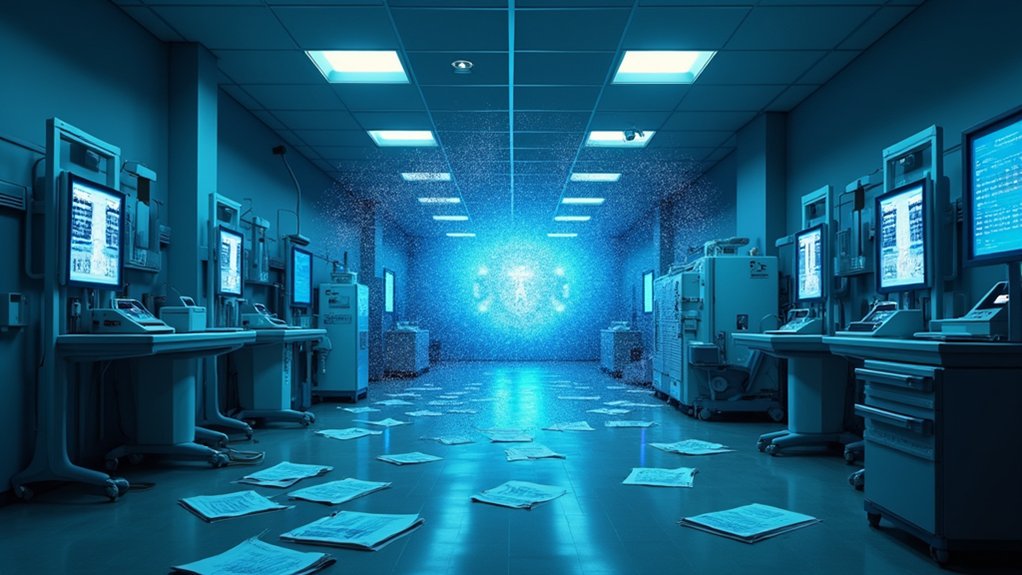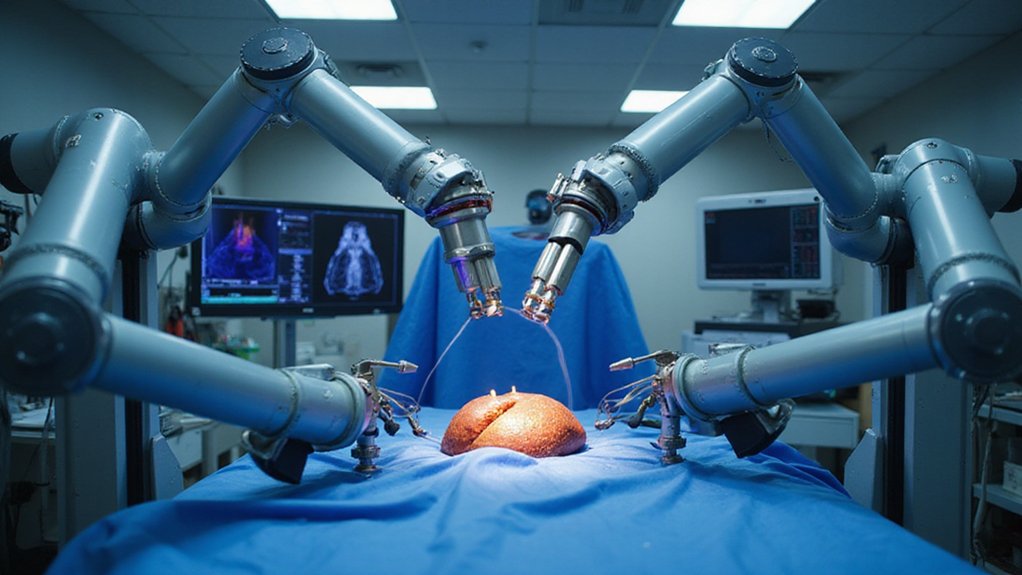Bill Gates reportedly predicts AI will transform healthcare and education jobs within a decade. While AI has shown success in medical diagnostics and personalized learning, professionals express mixed reactions. Most doctors (78%) see AI’s advantages, but 41% worry about impacts on patient relationships. Rather than total replacement, evidence suggests AI will enhance professional roles. Clear regulations will be needed as these technologies evolve in both fields.
As artificial intelligence continues to evolve at a rapid pace, experts are debating whether it will eventually replace highly skilled professionals like doctors and teachers. Tech billionaire Bill Gates recently made headlines with his prediction that humans won’t be needed “for most things” in the coming AI era, suggesting a future where 2-3 day work weeks become possible.
The healthcare field is already seeing AI’s growing influence. A Google algorithm reduced false positives in lung cancer detection by 11%, while AI has outperformed radiologists in detecting lung cancer by 5%. Most physicians (78%) see advantages to AI in healthcare, with 72% believing it will be most helpful in diagnosis. Gates notes that many AI healthcare projects are still in early development stages and may not reach practical implementation soon.
AI is revolutionizing healthcare diagnostics, with measurable improvements over human professionals and strong physician support.
In education, AI tutors like Khanmigo are providing personalized instruction and motivation to students. These systems are predicted to deliver customized content within 5-10 years. A majority of UK medical students (89%) believe AI in education would benefit their future careers. AI systems have demonstrated the ability to provide expert tutoring services at no cost, making quality education more accessible to everyone.
Despite these advances, concerns remain about AI replacing human connections. About 41% of physicians worry about AI’s impact on the patient-physician relationship. Likewise, the American Medical Association firmly rejects the notion that AI could replace teachers, citing risks of widening achievement gaps.
Many experts believe AI will enhance rather than replace professionals. AI tools have demonstrated significant value in analyzing medical images and aiding early disease detection across various specialties. About 69% of physicians think AI will improve their work efficiency, potentially allowing healthcare workers to focus more on patient care. Teachers may use AI to write first drafts of essays for students, freeing up time for more meaningful instruction.
Gates predicts AI will radically transform jobs within a decade, providing expert medical advice and tutoring by 2028. This could help address global issues by designing climate-resilient seeds, developing vaccines for livestock in developing nations, and bringing health consultation to underserved areas.
As AI implementation continues, clear regulatory guidance will be vital to guarantee safety, performance, and protection of patient privacy.









